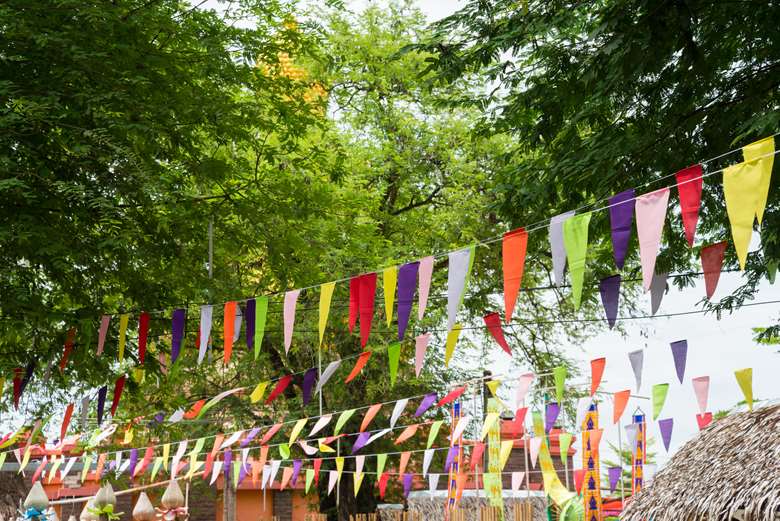How to organise a music festival in a pandemic
Simon Mundy
Wednesday, October 28, 2020
Simon Mundy explores how festivals in Europe have adapted to become Covid secure.


Register now to continue reading
Don’t miss out on our dedicated coverage of the classical music world. Register today to enjoy the following benefits:
- Unlimited access to news pages
- Free weekly email newsletter
- Free access to two subscriber-only articles per month